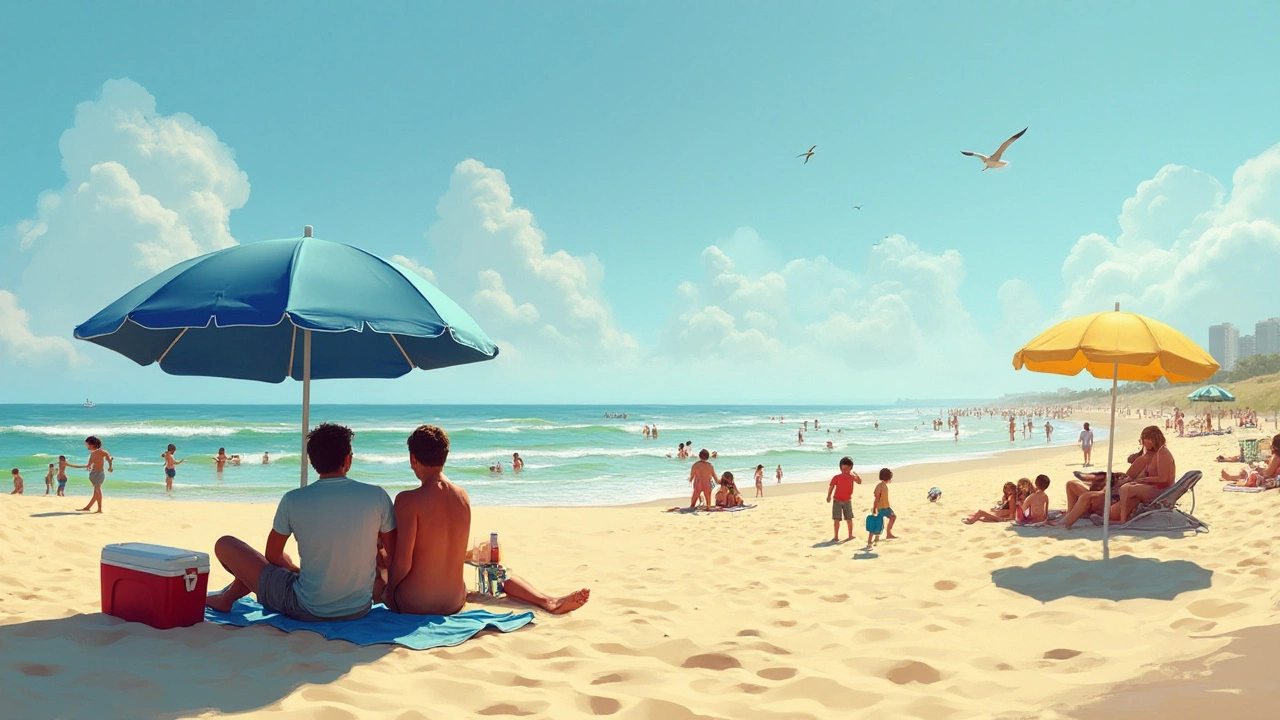Beach Rules for Motorhome Campers – Stay Legal and Stress‑Free
Thinking about pulling your motorhome onto a sandy shoreline? It sounds like the perfect way to combine sea breezes with the freedom of the road, but you need to know the rules before you set foot on the sand. In the UK, beaches are public land, and each council can have its own limits on where and how long you can stay. Skipping the small print can lead to tickets, forced moves, or even damage to the environment you love.
Where You Can Park Your Motorhome
First, check if the beach allows vehicle access at all. Many popular spots, like Blackpool or Bridlington, ban motorhomes completely to protect dunes and keep traffic safe. Look for signs at the car‑park entrance – a simple red no‑vehicles sign means you’re out of luck. If the beach is open to vehicles, you’ll usually find a designated parking strip, often marked with yellow lines or a short‑term parking bay. These areas are meant for quick stops, not week‑long stays.
Local councils often publish beach‑access maps on their websites. A quick search for "[Your Beach] motorhome" or "[Your Beach] vehicle parking" will pull up the exact zones where you’re allowed to park. If you can’t find anything online, give the council a call – a five‑minute chat can save you a night of illegal parking.
What You Can and Can’t Do on the Sand
Even when you’re in a legal spot, there are clear do‑and‑don’t lists. You can set up a small awning, use a portable toilet, and turn on a generator if the local noise limits allow it. Keep noise under 40 decibels after 10 pm, and always turn off lights and music when neighbors are nearby.
Don’t drive the motorhome onto the sand itself unless the council says it’s okay. Sand can get slick when wet, and the weight can damage the dunes. Instead, park on the hard surface near the beach and walk down with your gear. If you must use the beach for a short walk, be gentle – avoid digging fire pits, and never leave litter behind. Bring a bag for any trash, even if the beach looks clean.
Most councils also restrict the use of open flames. If you want a campfire, check whether a nearby designated fire pit exists, or stick to a portable stove that runs on gas or electricity. Following these rules keeps the beach safe for wildlife and other visitors.
Finally, respect the time limits. Many beaches allow a maximum stay of 24‑48 hours for motorhomes. If you need a longer break, look for an adjacent campsite or a holiday park that offers direct beach access. This way you avoid fines and still get your sea‑side experience.
By checking local signs, confirming parking zones, and following simple do‑and‑don’t guidelines, you’ll enjoy a hassle‑free beach day with your motorhome. No tickets, no stress, just waves and fresh air. Happy camping!
